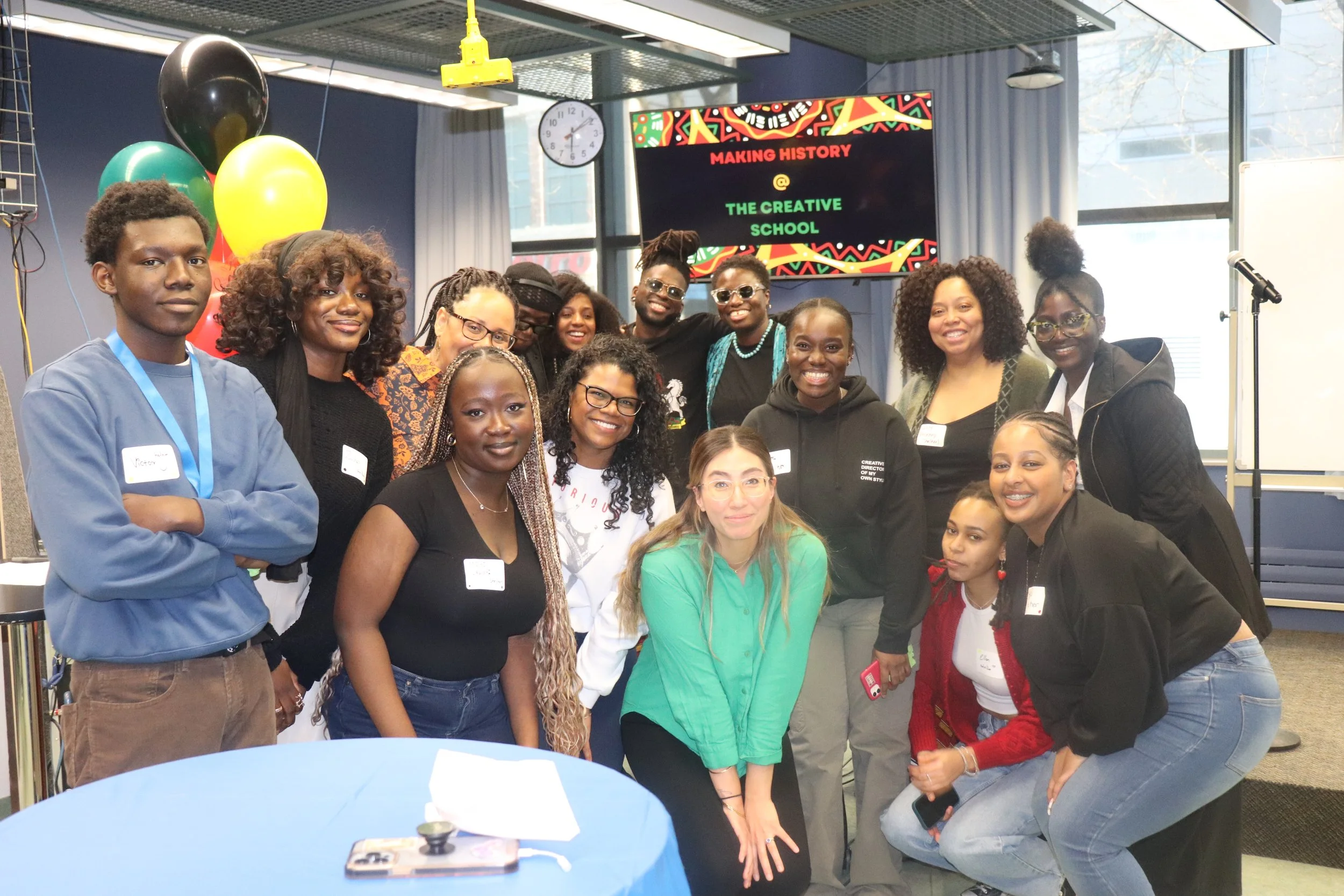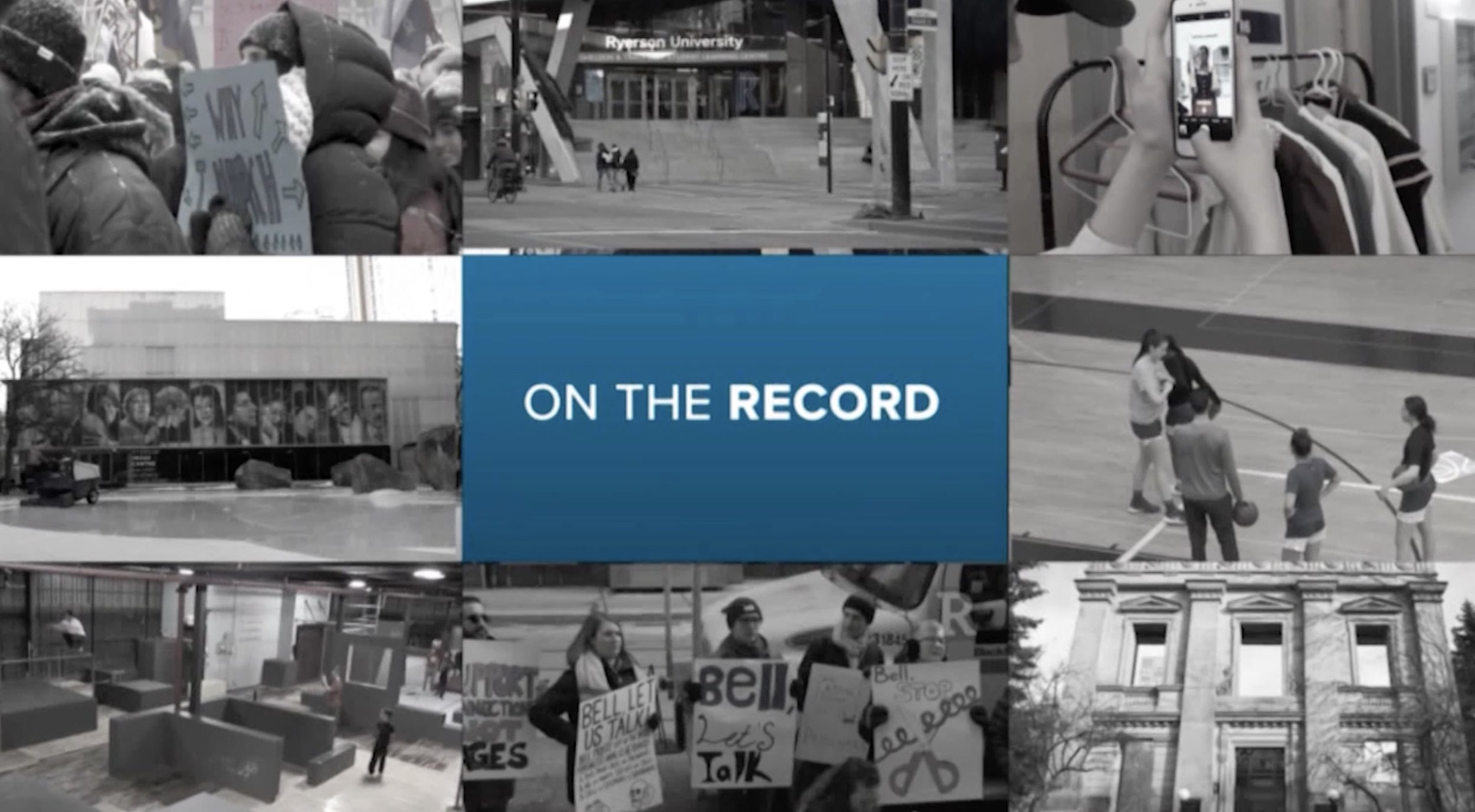
Portfolio
The stack was never neat. Worn anthologies, novels slayed open, pages dog-eared and underlined - Songs of Ourselves, Volume 2 - sat at the centre of it all. A sonnet by Keats one day, a speech by Desdemona the next. No Longer At Ease, Inherit the Wind, Native Son, She Stoops to Conquer - my young mind moved between centuries, continents, and perspectives. There were poems about grief and protest, plays entwined in race and justice, and novels that compelled me to slow down and sit with discomfort. This wasn’t just preparation for the Cambridge IGCSE exam; it was a turning point. Literature taught me to look closely. At words, and people, and power, and possibility.
When I got to university, I knew I wanted to communicate by taking complex ideas and delivering them concisely. To listen, translate, shape, and speak.
Moving to England brought renewed knowledge and deeper reflection during a foundation program at Coventry University. Drawn by its creative pulse and international perspective, determination and resilience landed me a place in the London College of Communication, but a degree from Ryerson University’s School of Journalism became the next step. Disappointment gave way to discovery.
My first opportunity came on the pavement during my junior year. After months of online applications, I heard nothing. So, I bought a full-length manila envelope, filled it with printed copies of my resumé, and walked through Toronto’s financial core, approaching every Tom, Dick, and Harry in a suit that would answer me. Most acknowledged me, but didn’t follow up like they promised. Two weeks in, one did. The conversation that led to an introduction and then an interview for my first Communications internship.
I crafted communications that centred marginalized communities and supported the launch of a national scholarship program for Indigenous peoples while working on TD’s corporate and public affairs team. Introducing a direct connection between storytelling and equity, communications was used to inform and honour. This proved how a message, when built with intention, can acknowledge overlooked voices and change how people feel about the spaces they work in. The reinforcement of storytelling as a tool for justice, equity, and healing.
Purpose has since guided my career. From supporting young mothers at the June Callwood Centre for Young Women in Toronto to marching in allyship with members of the 2SLGBTQIA+ community during Pride parades, volunteering has remained constant in spaces shaped by marginalized individuals and advocacy rooted in pride and protest. Whether collaborating with public institutions, curating media narratives, or helping build community spaces, I’m guided by a belief that communication should always strive to include.
A belief that has shaped my writing, listening and adaptation to the world around me.
From Lagos to Coventry, London to Toronto, studying around the globe has shown me how culture shapes not only what we say, but how it’s heard.



















